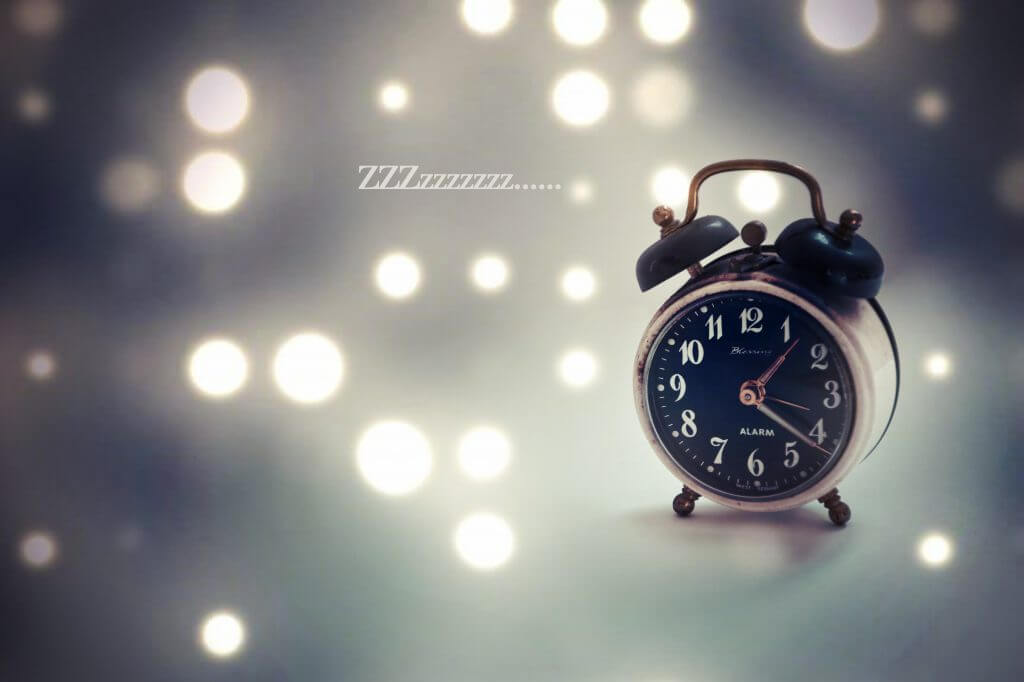Day in day out training hard in the gym, you have the most efficient exercises when it comes to your program and are eating all the right foods with lean proteins, carbohydrates and healthy fats keeping your testosterone levels where they need to be. Everything is covered right? What about a crucial aspect of any workout, sleep?
Yes the time of day where everything comes to a standstill has a significant impact on how well you achieve your results in the gym and it is important to understand how sleep and working out affect each other. The first major impact that will affect your results is hormonal release. Your body releases a growth hormone at its highest concentration during the 24-hour day when you’re at rest during the night. Since growth hormone correlates to muscle growth and size, it would be in your best interest in maximising the hormone as much as you can.
The second major impact when it comes to sleep is muscle repair. Every time you lift weights you overload your muscles and create tiny micro tears in the muscle tissue. It’s when these micro tears repair and build back up you notice strength and size gains, so cutting out on sleep is also cutting yourself out of the repair process could actually be harmful.
The third major impact is metabolic maintenance. If you are trying to build lean muscle mass without gaining any fat in the process or losing fat whilst retaining as much muscle as you currently have, your metabolism functioning as well as it can be would be essential. Unfortunately when sleep levels are low your metabolism tends to alter. Blood sugar levels are not regulated as well putting yourself into a state similar to that of a diabetic.
 Test subjects in one study who slept for 8 hours for 3 nights and 4 hours sleep for the next 6 nights demonstrated that at the peak of their sleep debt they took 40% longer than normal to respondand regulate blood-glucose levels following a carb rich meal. This can actually explain why after a long night and little sleep you find yourself constantly hungry despite eating a meal already. In addition to this lack of sleep can suppress the thyroid hormone the primary regulator of how many calories you can burn on a daily basis. If you want to burn as many as possible, maximize your metabolism to hurry the process along.
Test subjects in one study who slept for 8 hours for 3 nights and 4 hours sleep for the next 6 nights demonstrated that at the peak of their sleep debt they took 40% longer than normal to respondand regulate blood-glucose levels following a carb rich meal. This can actually explain why after a long night and little sleep you find yourself constantly hungry despite eating a meal already. In addition to this lack of sleep can suppress the thyroid hormone the primary regulator of how many calories you can burn on a daily basis. If you want to burn as many as possible, maximize your metabolism to hurry the process along.
Resources: “Interrelationships between growth hormone and sleep.” Growth Hormone and IGF Research (2000): 10 Suppl B. S57-62.
“Sleep loss results in an elevation of cortisol levels the next evening.” Journal of Sleep Research & Sleep Medicine. (1997): Vol 20(10). 865-870.

